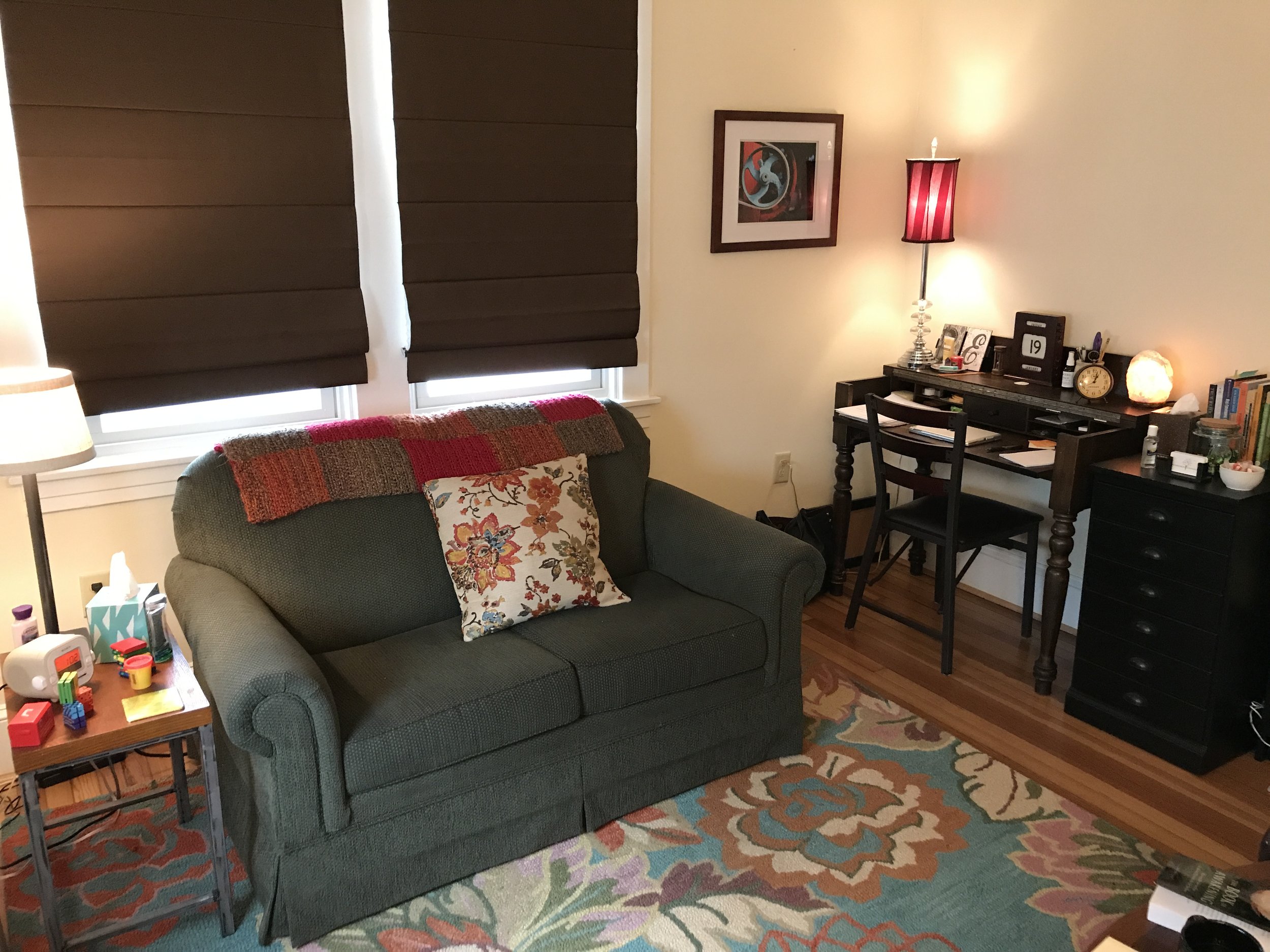Worrying and feeling anxious is normal; it’s how you assess and respond to potentially dangerous situations. But sometimes worry can take over your life. When that happens, you might need some strategies to help you let go of the worry and manage the anxiety.
5 Ways To Recognize That Worry And Anxiety Could Be Ruling Your Life
Worrying keeps you from falling asleep or staying asleep most nights.
It feels like your mind is always “on.”
You rehash your conversations, actions or behaviors over and over again, wondering how you might have done things differently.
When things don’t go as planned, you get frustrated, angry or scared.
You’re irritable a lot of the time.
All the worrying can make it hard to sleep well, and anxiety can cause headaches and stomachaches. Sometimes stress can be so intense that it can make it hard to swallow or eat because of the tightness in your throat or feelings of nausea.
If left unattended, all the stress and worrying can lead to an anxiety or panic attack. You might feel light headed. Your chest might feel constricted, and your breathing becomes shallow and fast. You might begin to sweat, see stars and feel like you’re going to faint. You might even worry that you’re having a heart attack.
Counseling For Anxiety
Often the worries and anxiety stem from things beyond our control, and the desire to control the uncontrollable fuels the stress.
Through counseling you begin to understand that your need for control might be rooted in a childhood that was filled with uncertainty or upheaval. Maybe you were left in charge of your siblings at a young age, or you were the moderator in your parent’s arguments. Counseling can help you understand how your childhood could have affected you as an adult.
Counseling can also help you understand that the constant worrying is a form of anxiety, and that all the worrying can have an impact on your mental and physical health. Through therapy, you can explore strategies to help you more easily accept the natural ups and downs of life, allowing you to let go of the need to control everything.
5 Strategies To Help You Let Go
Practice daily mindfulness. Mindfulness means paying closer attention to what is happening right now, with openness and compassion. It keeps you attuned to the here-and-now instead of worrying about past and future events. You can read more about practicing mindfulness and self-compassion here.
Exercise regularly. Exercise releases the body’s natural “happiness” chemicals and hormones. It can also help you sleep better.
Practice healthy sleep habits. A good night’s sleep can take the edge off, make you less irritable and activate your body’s immune system. The Sleep Foundation has some great tips on how to promote good sleep habits here.
Do yoga, get acupuncture or meditate. These alternative practices can help you relax your body and calm your mind.
Get support. Talk to friends, family or a counselor. People often feel alone in their struggles. Sharing your experience can help you feel more connected and supported.
If you'd like more strategies on managing anxiety in the moment you can check out my podcast episode dedicated to anxiety here.
Achieving Emotional Balance
Through counseling and some lifestyle changes, you can live a more emotionally balanced life. If you would like to live your life with more balance, please email me or call me at Progression Counseling in Annapolis at 310-339-1979, for a free 15-minute consultation.
This week on the Woman Worriers I interview Dr. Jonice Webb where we explore why feelings of anxiety, emptiness and disconnect often have roots deep in seemingly happy childhoods.
Elizabeth Cush, LCPC is a therapist, blogger, host of the Woman Worriers podcast, and the owner of Progression Counseling in Annapolis, Md. She helps busy, overwhelmed men and women manage their anxiety and stress so they can live their lives with more ease, contentment and purpose. If you'd like to know more about how individual and group therapy can help ease anxiety and stress call me 410-339-1979.
Photo by Kinga Cichewicz & Nine Köpfer on Unsplash










































